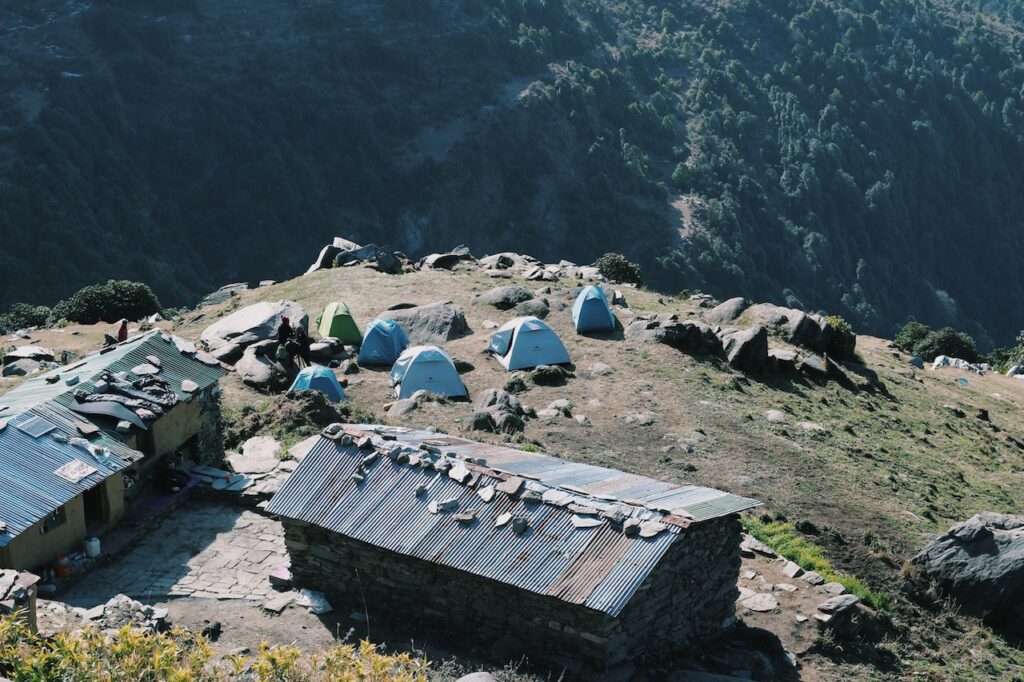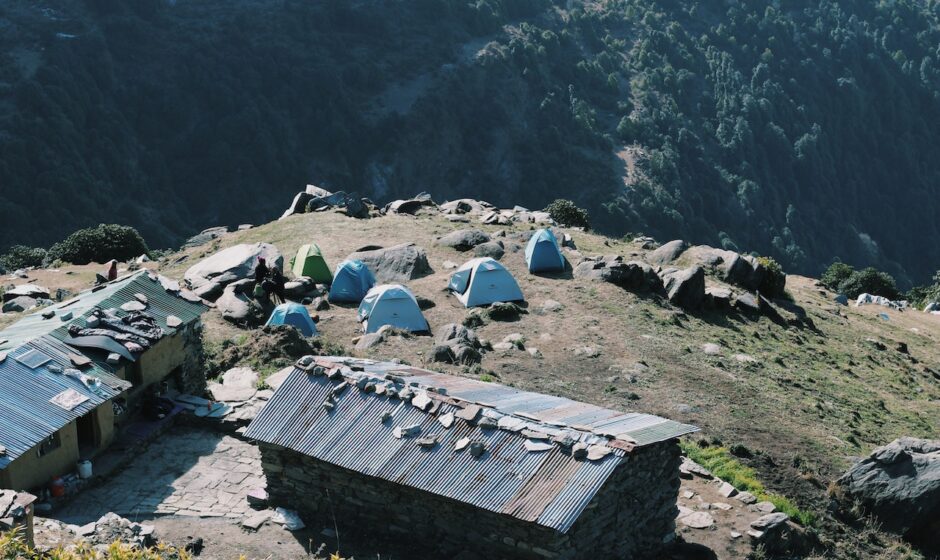Nestled amid the Himalayan ranges, Nepal boasts a vibrant tapestry of cultures and traditions. However, some customs, though deep-rooted, have come under increasing scrutiny for their adverse impacts on women. One such tradition is “Chhaupadi” Taboo in Nepal.

Understanding Chhaupadi
Chhaupadi, practiced predominantly in the western parts of Nepal, dictates that menstruating women, as well as those who’ve just given birth, are impure and should be isolated from their families. The basis of this practice lies in age-old Hindu beliefs associated with menstruation and impurity.
Chhaupadi Shelters: More than Just Huts
Women undergoing Chhaupadi don’t just stay in a different room of the house; they’re often relegated to rudimentary huts or sheds, colloquially known as “Chhau Goth”. These huts, often lacking basic amenities, expose women to extreme weather conditions. Beyond the physical discomfort, the emotional strain of such isolation can be significant.
The Risks of Chhaupadi
Chhaupadi doesn’t just disrupt the emotional well-being of women; it exposes them to numerous risks:
- Health Issues: Staying in damp and unsanitary huts can lead to a plethora of health problems, from respiratory issues to infections.
- Wildlife Encounters: In rural areas, these isolated huts can become sites for dangerous encounters with wild animals.
- Safety Concerns: Women, secluded and alone, are often vulnerable to attacks and harassment.
Breaking the Cycle
While Chhaupadi has its defenders, who argue for its cultural and religious significance, a growing number of voices within Nepal call for its end, especially given its evident risks:
- Legal Measures: In 2005, Nepal’s Supreme Court declared Chhaupadi illegal. The government even introduced penalties in 2017 for those forcing women into this practice.
- Education and Awareness: Many NGOs and social workers are working at the grassroots level to educate communities about the negative consequences of Chhaupadi. By equipping communities with knowledge, they aim to facilitate change from within.
- Alternative Rituals: Some progressive thinkers are promoting alternative rituals that honor cultural sentiments without compromising women’s health and dignity.
Chhaupadi Today: A Changing Landscape
The efforts to combat Chhaupadi are bearing fruit. An increasing number of communities in Nepal are dismantling Chhau Goths and embracing a more inclusive approach to menstruation. Schools, too, are playing a pivotal role by incorporating menstrual education in their curriculum.
However, despite legal sanctions and societal awareness, Chhaupadi remains deeply entrenched in many areas. For a complete eradication, a holistic approach is necessary – one that combines legal measures with education and societal dialogue.
Chhaupadi Taboo in Nepal, like many traditional practices around the world, showcases the challenges faced when cultural customs clash with human rights and safety. The way Nepal navigates this sensitive issue can serve as a blueprint for other countries grappling with similar challenges. By ensuring that the dignity and health of women remain at the forefront, while still respecting cultural nuances, a harmonious middle ground can be found. As the dialogue around Chhaupadi continues to evolve, so does the hope for a Nepal where every woman can embrace her natural processes without fear or discrimination.


